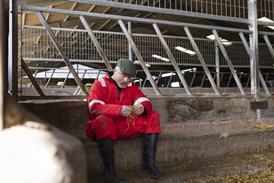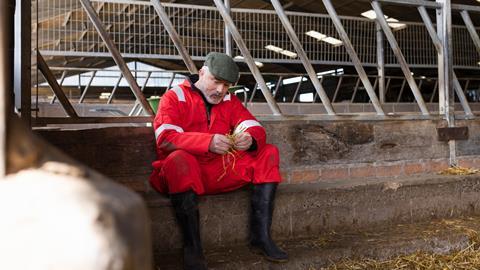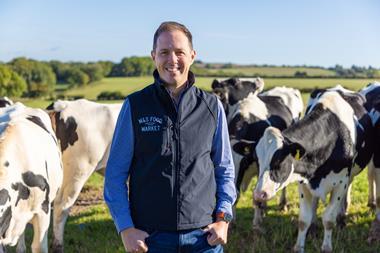The effectiveness of the Groceries Code Adjudicator has been much debated. But it looked as though concerns it was not doing its job properly were put to bed when Mark White stepped in to advise the High Court on Aldi’s treatment of a brussels sprout supplier. And even more so when the GCA announced plans to investigate Amazon over its treatment of suppliers.
The fact that supplier complaints have fallen from 80% in 2014 to 30% in the latest GCA survey suggests supermarkets are behaving better than ever towards suppliers. Indeed, ex-Sainsbury’s CEO Justin King was on the record in stating that the “GCA has led to higher margins for very large processors and international brands at the expense of the consumer”.
There are two problems, however.
The first is that smaller farmers and processors have not benefited from the Adjudicator’s oversight. Which is what makes the Aldi case a potentially landmark one. In the meantime, farmers and growers in the UK report still being forced to accept late payments and order cancellations without notice. And this week campaign groups met with MPs, insisting the GCA was ‘not fit for purpose’.
But how would they know? In the latest GCA survey, only 48% of the suppliers said they had received training, while only 27% said their understanding of the GCA’s role was ‘good’. And that’s the ones that answered the survey. Ignorance isn’t bliss when entering the lion’s den; it’s folly not to be forearmed. And the survey also found only 50% secured written supply agreements.
Read more:
-
Groceries Code Adjudicator ‘not fit for purpose’ farming groups tell MPs
-
WH Smith ‘taking advantage of challenger brands’ with media support packages
And there’s a second problem: the fact that there are a number of ‘smaller’ retailers who are not liable under the Groceries Supply Code of Practice (GSCOP) – while still wielding enormous power over suppliers. As we report this week, WH Smith has been accused of taking advantage of challenger brands via ‘exorbitant’ media plans with which they often fail to comply. You can criticise these brands for their naivety. Handing over sums you cannot afford or without a robust agreement or a realistic business plan to justify the investment is also folly. But where a powerful retailer is able to flout practices outlawed under GSCOP due to an arbitrary turnover figure, is it any wonder suppliers are still exploited?
The answer to this exploitation, farmers insist, is a single, central regulator to protect farmers and ensure fair treatment by supermarkets, one that combines the Groceries Code Adjudicator with the Agricultural Supply Chain Adjudicator (ASCA). But these are different beasts, with different models and different remits. And the ASCA only covers milk and pig supply. So it wouldn’t help other livestock suppliers or produce suppliers like W Clappison, for whom the GCA’s involvement is potentially far more profound.
Nor can we expect to see the government stepping in to adjudicate on WH Smith or BP or Holland & Barrett or other retailers. It’s not going to happen.
So the best advice I can offer is this: seek the necessary training and advice before entering into deals with major retailers. And keep reading The Grocer. As one supplier said: ‘What a great example of why we need a trade press. It’s one investment we should all be making.’ I couldn’t have put it better myself.




















No comments yet